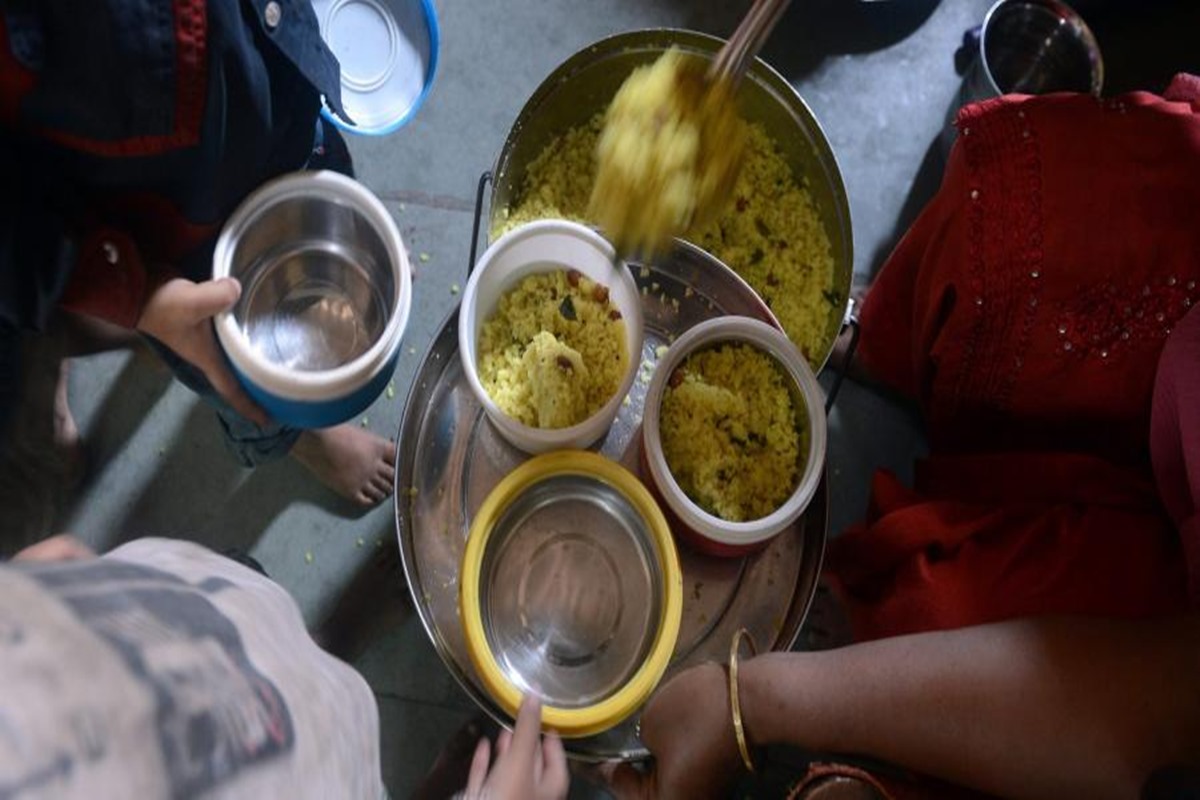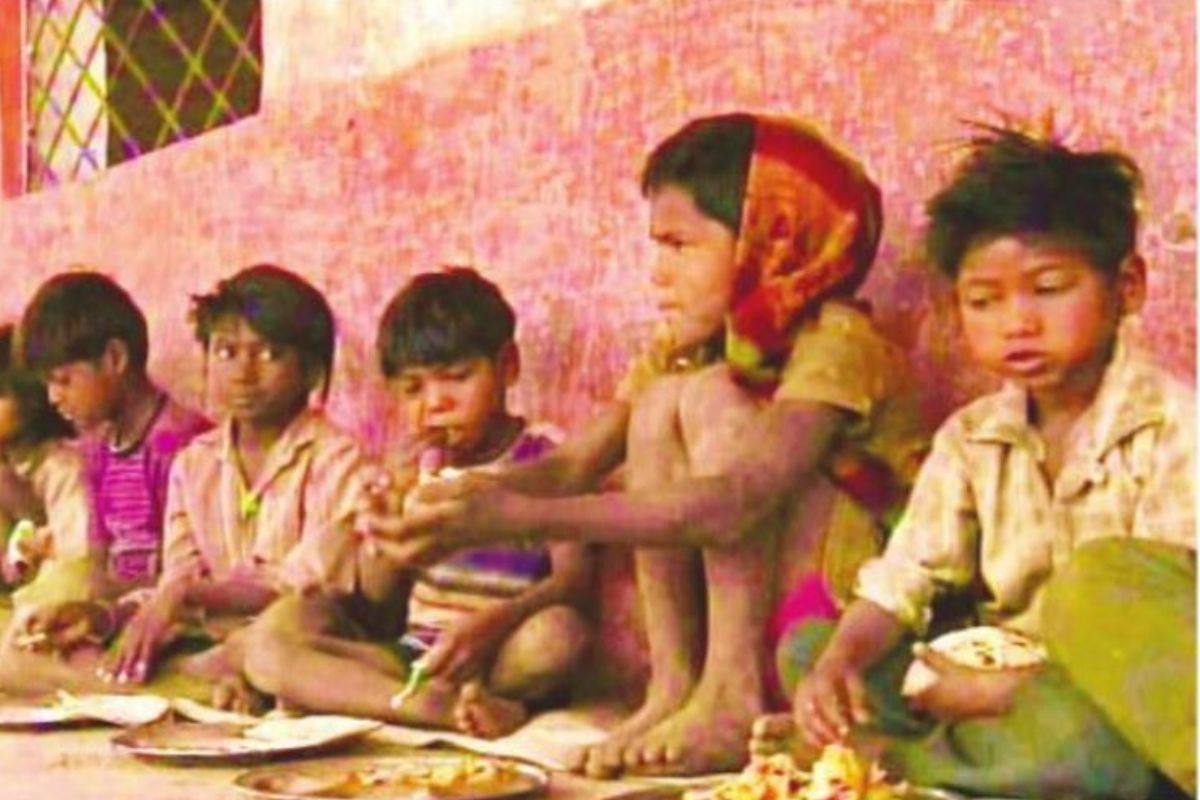India Lands at 111th Place in Global Hunger Index 2023
India's placement in the Global Hunger Index 2023 has stirred controversy, with the government terming it "erroneous and having malafide intent."

India's placement in the Global Hunger Index 2023 has stirred controversy, with the government terming it "erroneous and having malafide intent."

Every October the Global Hunger Index (GHI) is released. It’s a tool that attempts to measure hunger globally; prepared by European NGOs “Concern Worldwide and Welthungerhilfe”.

A war of words has followed the release of the Global Hunger Index (GHI), 2022 which ranked India at number 107 out of 121 countries.

Communist Party of India (Marxist) (CPIM) General Secretary Sitaram Yechury on Sunday hit out at the Central government over India's poor ranking in the International Hunger Index and alleged that the Centre is not ready to accept any international figures.

India's neighboring countries like Nepal is ranked higher at 81, Bangladesh at 84 and even Pakistan at 99.
It is pathetic that we pay so little attention to the improvement of health or general wellbeing of most of our future citizens.
Last year, India's rank was 102 out of 117 countries.
There are critical issues that cry out for urgent policy intervention. India’s rank in the Global Hunger Index is but one of them. The illegal immigrants and the construction of detention camps to house the proliferating numbers have given a new dimension to a declining economy with dwindling jobs. Thus the discourse over citizenship, legal or illegal, is not only to pit one category of people against another on religious and ethnic lines, and create a false sense of urgency in the matter of eviction.
The increase in wealth did not lead to any appreciable improvement in our ranking in the Global Hunger Index which would indicate that "trickle-down economics" is not working in our case; the lot of the poor does not seem to be improving while the rich are definitely getting richer. The inescapable conclusion is that better and leak-proof implementation of poverty alleviation programmes and more direct interventions to end poverty and hunger are needed.
There is little evidence of basing strategies, for instance, on low-cost, locally-available food, which may provide far greater sustainability and be easier to deliver through ongoing nutrition programmes.
